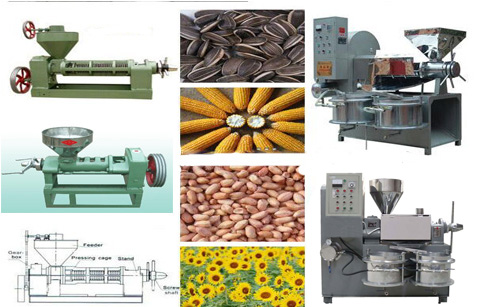In modern kitchens, cooking oils play a crucial role in food preparation. However, many consumers are confused about which oils to use due to health concerns surrounding saturated fats and trans fats. Additionally, there is an increasing awareness of the nutritional composition of various oils. This has led to a demand for healthier options in culinary practices.
Peanut oil stands out as a versatile cooking oil rich in healthy fats. It is extracted from peanuts and is known for its high smoking point, making it ideal for frying, sautéing, and other high-temperature cooking methods. Moreover, its distinct flavor enhances a wide variety of dishes, bridging both Eastern and Western culinary traditions.
.jpg)
Peanut oil is rich in monounsaturated fats, which are beneficial for heart health. These healthy fats can help in lowering bad cholesterol levels, thereby reducing the risk of cardiovascular diseases. Furthermore, peanut oil contains vitamin E, an essential antioxidant that helps protect cells from damage.
This oil offers culinary versatility by complementing various cooking methods:

Peanut oil is widely used in Asian cuisines, such as Chinese and Thai. Its rich flavor enhances dishes like stir-fries and curries. In Western cooking, it can also be used in dressings or to drizzle over salads, showcasing its adaptability.
In conclusion, peanut oil presents a healthy and versatile option for cooking enthusiasts. Its nutritional benefits, combined with its flavor and cooking capabilities, make it a valuable addition to any kitchen. As consumers lean towards healthier dietary choices, incorporating peanut oil can enhance both flavor and health benefits in everyday cooking.


